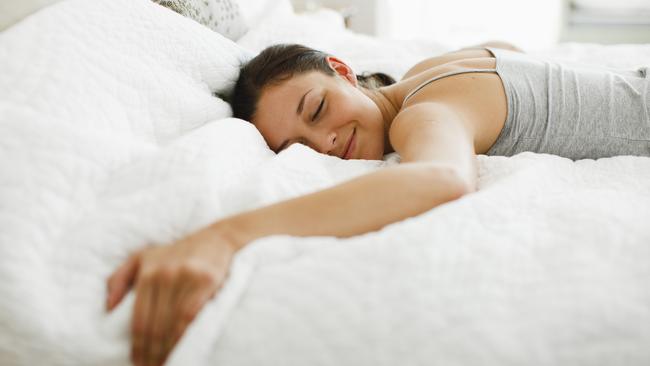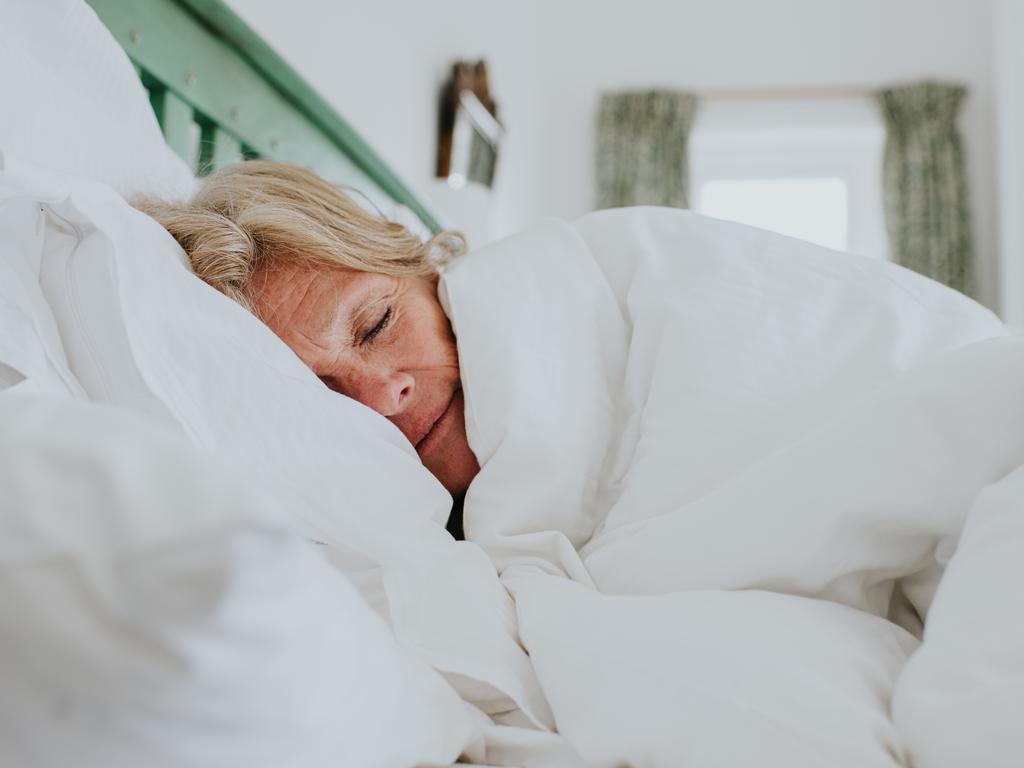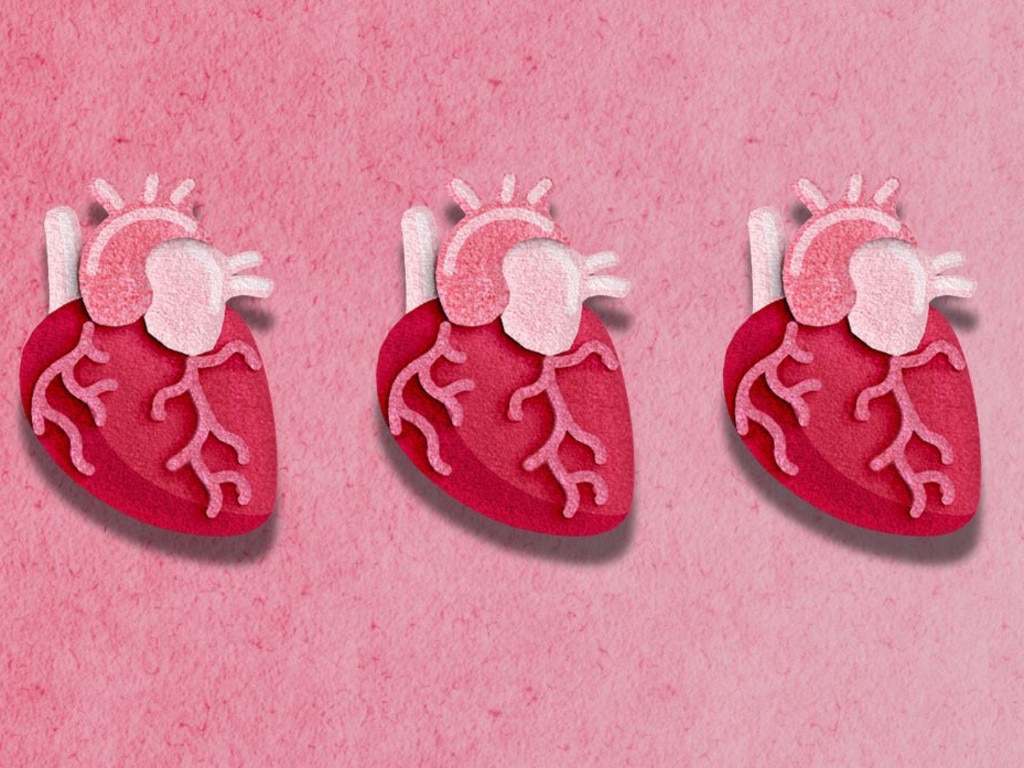How much sleep do you need to stay heart healthy?
Sleeping too little or too much doesn’t just make you cranky, forgetful or tired. This little-known risk factor affects millions of Australians.

Most of us know that following an unhealthy diet, smoking, drinking too much alcohol and having high blood pressure and/or cholesterol can increase your risk of heart disease.
However, there’s another little-known risk factor that affects millions of Australians: how well you sleep.
Sleeping too little or too much doesn’t just make you cranky, forgetful or tired. It harms our bodies by raising blood pressure, causing weight gain and increasing the stress hormone cortisol.
It’s a growing concern for cardiologists like me because government statistics reveal a third of Australian adults aren’t getting enough sleep, and close to half suffer from at least one chronic sleep symptom.

So, how does sleep affect the heart? For one, it raises blood pressure as interrupted or insufficient sleep cycles can lead to higher-than-average blood pressure levels, which can strain the heart and blood vessels over time.
It also affects your cortisol levels. When stressed, your body produces more of the hormone cortisol, which plays a key role in how well you sleep. Cortisol helps to wake you up in the morning, but too much of it can also keep you awake. Being sleep-deprived can make you even more stressed and raise your circadian levels even further, creating a vicious circle.
It can also lead to metabolic changes and weight gain. Poor sleep patterns can upset appetite-regulating hormones like ghrelin and leptin, which tell the brain when to stop eating. A 2016 American Heart Association study found that women who slept under five hours a night were a third more likely to put on an average of 15kg over 16 years. Further research published in the Journal of Sleep Research has demonstrated that you tend to make poor food choices and overeat if you are tired.
So how much sleep do you need to stay heart healthy? Despite Steve Jobs and Margaret Thatcher famously sleeping for just four hours a night, the American Heart Association recommends that adults sleep seven to nine hours a night.


For children aged five and younger, it’s 10 to 16 hours; for those aged six to 12, it’s nine to 12 hours; and for teens, it’s eight to 10.
We tend to think we need less sleep as we age, but older adults need just as much sleep as younger adults. What does tend to change are sleeping patterns, with older people generally going to bed earlier and rising earlier.
There’s also no difference in recommendations for men and women. All adults need seven to nine hours.
It’s not only about how long you sleep though. It’s also about maintaining a regular sleep routine. Research published this year in the British Medical Journal showed that failing to stick to regular bed and wake-up times increased the risk of stroke, heart attack and heart failure by 26 per cent.
Tips to sleep better
If you have been sleeping poorly for years, it can be hard to change your habits. But here are some tips to start a healthy sleep routine.
• Firstly, up your exercise. A 2022 study revealed that physical activity decreases cortisol levels and improves sleep patterns.
• Sleep in a cool room where possible. The Sleep Foundation says the ideal temperature for sleep is 18-20C. If you don’t have aircon, try to keep the sun out of the room during the day, and invest in some breathable sheets made of natural fibres.
• Turn down the household lights two to three hours before you go to sleep and put away your electronic devices – the light will stimulate your brain, making it harder to switch off.
• Avoid caffeine, nicotine and alcohol in the hours before bedtime and aim for regular sleep hours.
• Lastly eliminate noise as much as possible by closing windows, using earplugs or plugging in a fan to drown out noises that may disrupt your sleep.
What to do if you’re regularly experiencing poor sleep
If you’ve already tried these tips or have a chronic sleep condition like insomnia or obstructive sleep apnea, you should speak to your doctor for evaluation and treatment options.
Professor Jason Kovacic is director of the Victor Chang Cardiac Research Institute.
This column is published for information purposes only. It is not intended to be used as medical advice and should not be relied on as a substitute for independent professional advice about your personal health or a medical condition from your doctor or other qualified health professional.






To join the conversation, please log in. Don't have an account? Register
Join the conversation, you are commenting as Logout